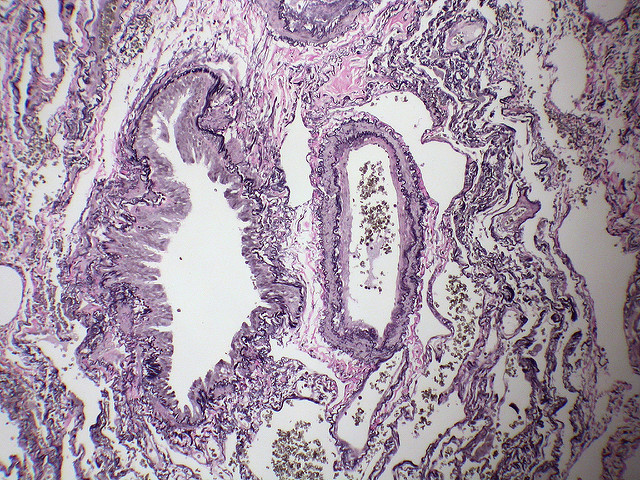Health News Review explains why you may want to avoid a lung cancer screening. The risk of harm appears to be greater than generally understood and the benefits limited, particularly for low-risk patients.
The US Preventive Services Task Force advises “annual screening for lung cancer with low-dose computed tomography (LDCT) in adults aged 55 to 80 years who have a 30 pack-year smoking history and currently smoke or have quit within the past 15 years. Screening should be discontinued once a person has not smoked for 15 years or develops a health problem that substantially limits life expectancy or the ability or willingness to have curative lung surgery.”
But, data from a VA demonstration project show that there is a high likelihood of false positives. There were false positives more than half the time that people who had been big smokers were screened for lung cancer using low-dose computed tomography (CT) scans. As a result, they received additional testing, including radiation exposure, and biopsies that can cause cancer, anxiety, infections and other complications. The study included more than 2,000 patients. Of those screened, 1.5 out of 100 had lung cancer.
A January 2018 analysis in the JAMA Network questions whether people who meet the US Preventive Services Task Force criteria for screening really should be screened. For people at the lowest risk, the likelihood of harm from the screening might outweigh the benefits. The screening prevented one death from lung cancer for every 7,000 people screened, along with 2,749 false positives.
Here’s more from Just Care:







